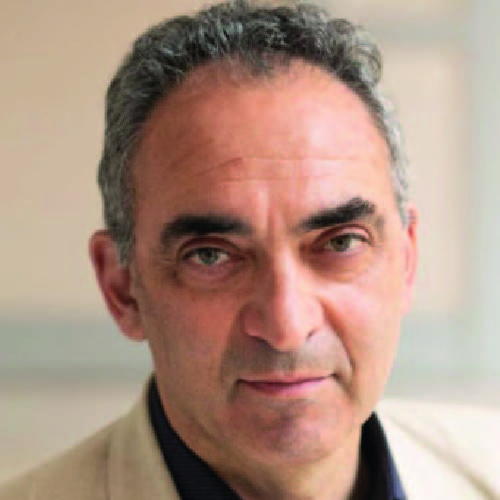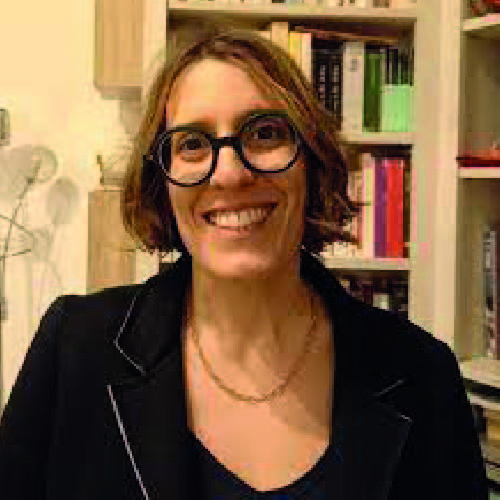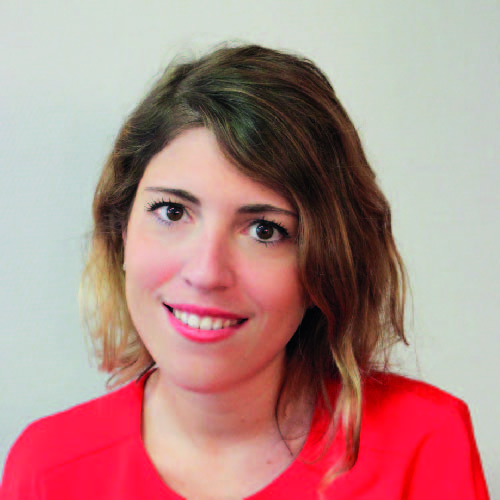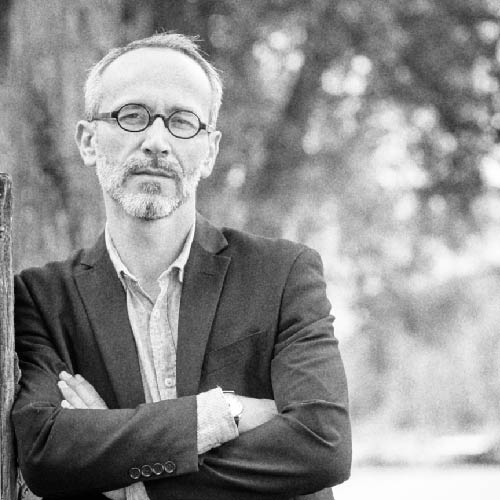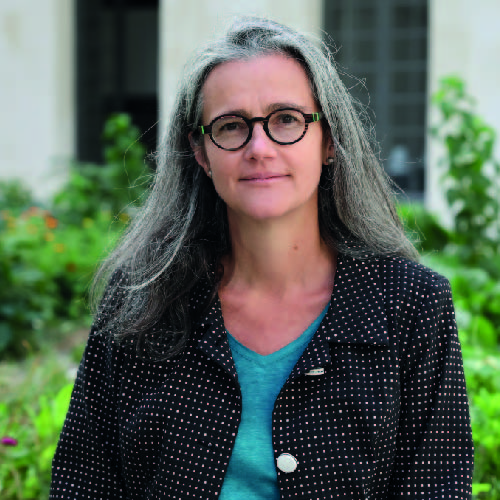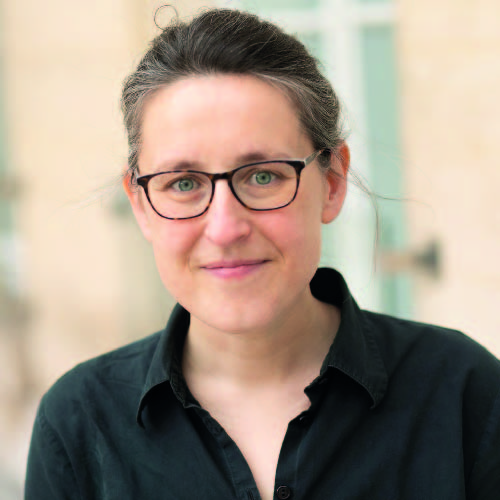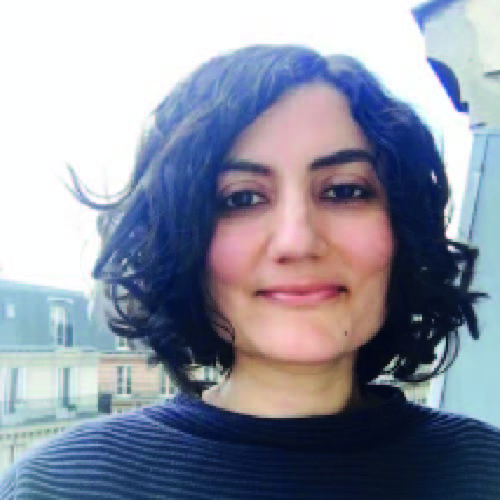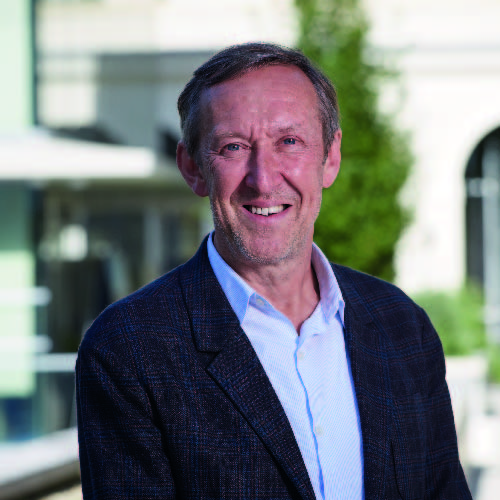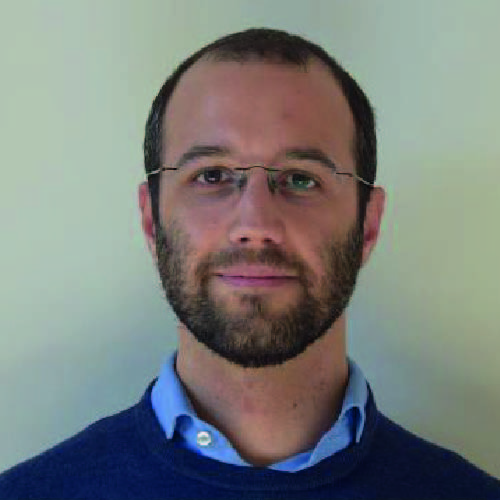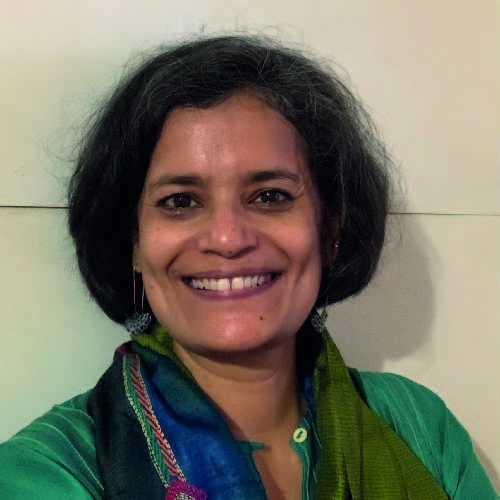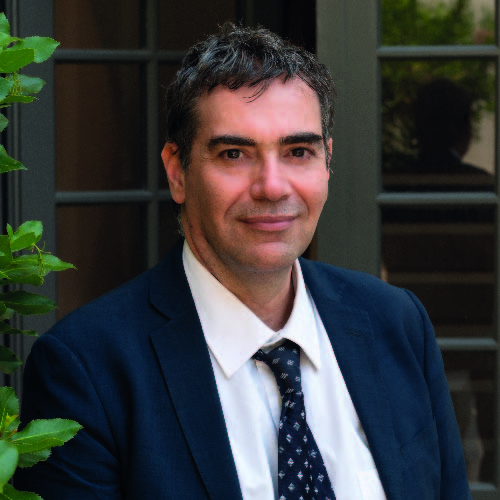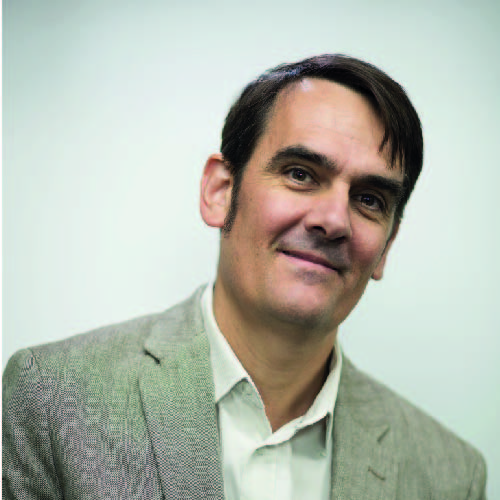AESOP 2024 ANNUAL CONGRESS | TRACKS
36th AESOP Annual Congress 2024 Paris, France
“GAME CHANGER? Planning for just and sustainable urban regions”
Track 12: FUTURING
Planning as a game changer: utopias and dystopias vs missions, models, scenarios, pathways, actions and politics of change
Chairs:
- Tijana Dabovic, University of Belgrade
- Dimitri Toubanos, Ecole d'Architecture de Paris-Val-de-Seine
- Abdallah Jreij, Politecnico di Milano
Behold all of you, shamans, prophets, Nostradamus -, Jules Verne - and Kubrick- wannabees, charlatans with YouTube channels - Here come planners to change the game of storytelling the future - the most powerful stories made to change the minds and wrongdoings on all life on Earth!
Come planners - show us how to wake up corrupted politicians, hypnotised consumers, hungry money makers, crazy innovators, angry activists and the ones we left behind! Tell us all and invite us to your well-organised, knowledge-based rewilding regional designs, urban labs, digital twins, energetic communities, nature-based solutions, place-making tools and degrowth platforms!
In the age of increasing collective vulnerabilities and responsibilities, this track explores planners' knowledge, skills and values in imagining and navigating societies towards a desirable future 10, 20, 50 or 100 years from now.
Which scenarios of sustainable development would you see coming to life? Discuss different approaches and purposes of making spatial scenarios -descriptive, normative, predictive or exploratory: do you develop Three Horizons or the Cascade Model Strategy? All those who make their stories by modelling STEEP (social, technological, environmental, economic and political) trends and their spatial impacts are invited to come and unpack their black boxes.
We invite you to reveal your forecasting technique, future-proofing, and backcasting knowledge. Please discuss with us the skills and values behind the well-organised, knowledge-based rewilding regional designs, urban labs, digital twins, high-tech or IA-driven metropolises, energetic communities, circular economy action plans, low-tech and bioclimatic resolutions, resource-saving proposals, nature-based solutions, place-making tools and degrowth platforms! The future at stake needs both game-changing storytelling and actions.
As such, how does your proposal construct a new narrative for a desirable future?
Does it pursue philosophical, ethical and political approaches, such as the Conservation ethic of Gifford Pinchot, the Utilitarianism of Jeremy Bentham and John Stuart Mill, the Preservation ethic of John Muir or John Ruskin, or the Deep Ecology of Arne Naess?
Is it linked to an economic perspective, pursuing Goergescu-Roegen's thesis on “entropy” (1971), conducting to “decrease” approaches, or does it follow Robert Solow’s or John Hartwick’s « weak sustainability » thesis?
On top of the new narrative, how does your proposal translate to concrete actions? Is it a new form of utopia or a feasible scenario?
If such, what innovations or technical renewal are necessary to make it happen? Finally, what constraints and controversies do your game-changing scenarios face, either political, economic, social or technical?
The track welcomes abstracts addressing, but not limited to, the following sometimes overlapping themes:
- future as a domain of freedom and domain of power;
- utopian/dystopian narratives, missions and their purpose - sustainability, climate action, climate justice;
- technical forecasts and projections, their purpose and methods;
- tools for making collaborative and innovative scenarios and pathways;
- sustainable spatiotemporal transitions - concepts, methods and politics;
- cross-scalar futuring - from global to local futures and back and forth;
- practice of co-construction of practical alternatives;
Keywords: future, time, space, spatio-temporal, baseline, timeline, modelling, scenarios, forecasts, pathways, transitions, alternatives, politics, action, change, collaboration, urgency, uncertainty, level of certainty
This track will host:
LOC
The Local Organising Committee
